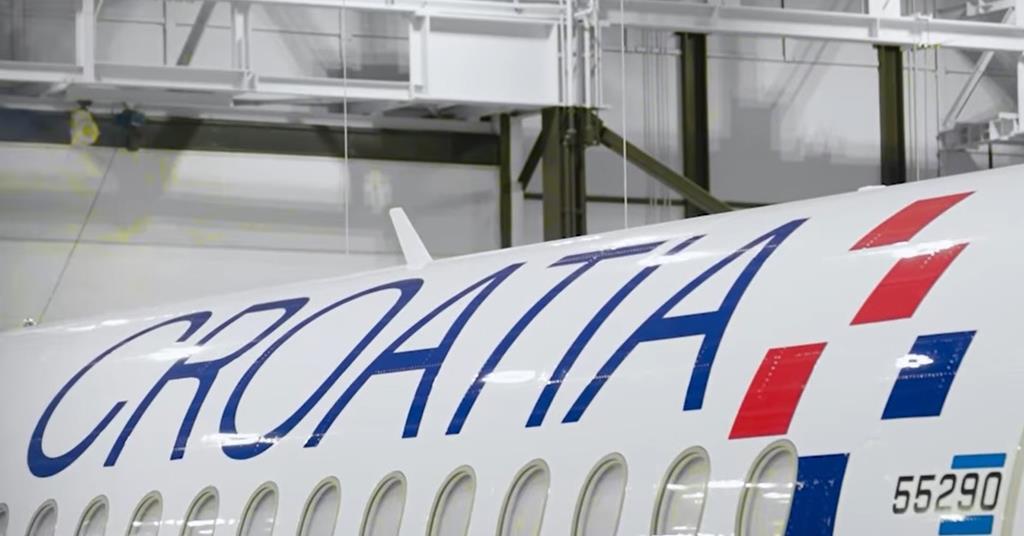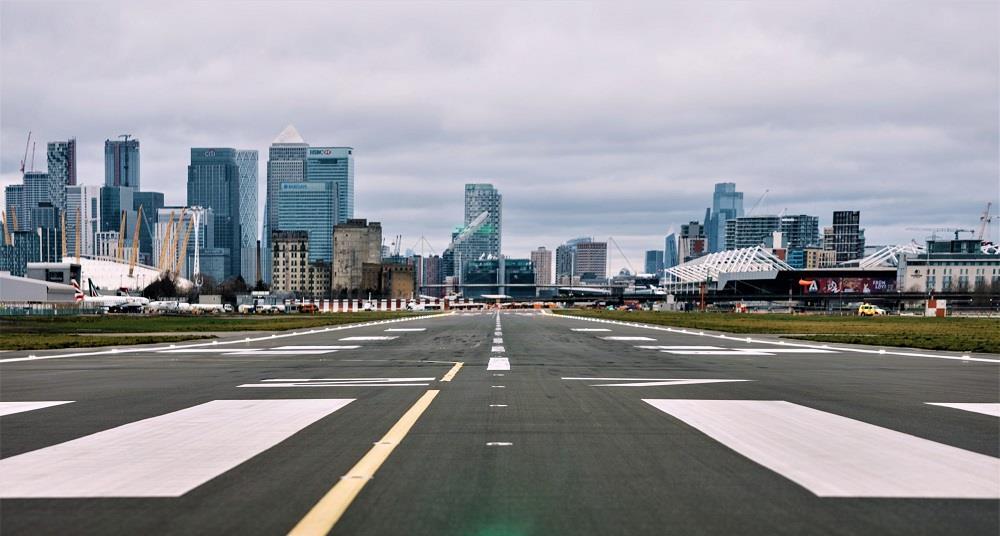UK’s DSEI show to highlight spending boost as NATO nations prepare for the future
Company
Legal Links
Contact
- +44 7947 753363
- contact@skylineairporttransfers.co.uk
- 6 Walsall Street Bilston Wolverhampton WV14 0AT
Recent Posts
© Skyline Airport Transfers. Created by![]() Beaphoenix WebDesign ltd
Beaphoenix WebDesign ltd
Popular Locations:
Birmingham: Aston, Bournville, Edgbaston, Erdington, Great Barr, Hall Green, Handsworth, Harborne, Northfield, Quinton, Soho, Sutton Coldfield, Amblecote, Brierley Hill, Coseley, Cradley, Gornal, Halesowen, Kingswinford, Lye, Netherton, Sedgley, Stourbridge, Quarry Bank, Bearwood, Blackheath, Cradley Heath, Great Bridge, Old Hill, Rowley Regis, Smethwick, Tipton, Tividale, Wednesbury, West Bromwich, Balsall Common, Bickenhill, Castle Bromwich, Chelmsley Wood, Dorridge, Elmdon, Hampton in Arden, Kingshurst, Knowle, Marston Green, Meriden, Monkspath, Hockley Heath, Shirley, Aldridge, Birchills, Bloxwich, Brownhills, Darlaston, Leamore, Palfrey, Pelsall, Pheasey, Shelfield, Streetly, Willenhall, Bilston, Blakenhall, Bushbury, Compton, Ettingshall, Heath Town, Oxley, Penn, Tettenhall, Wednesfield, Burntwood, Lichfield, Cannock, Rugeley, KIDDERMINSTER, Brierly Hill,
STOURPORT-ON-SEVERN
Coventry: Allesley, Binley, Keresley, Stoke, Tile Hill
Leicester: Abbey Rise, Ashton Green, Aylestone, Beaumont Leys, Bede Island, Belgrave, Blackfriars, Braunstone, Braunstone Frith, Bradgate Heights, Clarendon Park, Crown Hills, Dane Hills, Evington, Evington Valley, Eyres Monsell, Frog Island, Goodwood, Hamilton, Highfields, Horston Hill, Humberstone, Humberstone Garden, Kirby Frith, Knighton, Mowmacre Hill, Netherhall, Newfoundpool, New Parks, North Evington, Northfields, Rowlatts Hill, Rowley Fields, Rushey Mead, Saffron, Southfields, South Knighton, Spinney Hills, Stocking Farm, Stoneygate, St. Matthew’s, St. Mark’s, St. Peters, Thurnby Lodge, West End, West Knighton, Western Park, Woodgate
Derby: Matlock, Ripley, Ashbourne, ILKESTON, SWADLINCOTE , BURTON-ON-TRENT, BAKEWELL,
ALFRETON, BELPER, HEANOR
Telford: Market Drayton, Newport, Shifnal, Broseley, Much Wenlock
Stoke: Stoke-on-Trent, Newcastle, Leek, Uttoxeter, Stone, Stafford
Worcester: Worcester, Droitwich, Pershore, Broadway, Evesham, Malvern, Tenbury Wells
Gloucester: Gloucester, Cheltenham, Stroud, Cirencester, Tewkesbury, Badminton, Berkeley, Blakeney, Chipping Campden, Cinderford, Coleford, Drybrook, Dursley, Dymock, Fairford, Lechlade, Longhope, LydbrookLydney, Mitcheldean, Moreton-in-Marsh, Newent, Newnham, Ruardean, Stonehouse, Tetbury, Westbury-on-Severn, Wotton-under-Edge.
Nottingham: Nottingham, Sutton-in-Ashfield, Mansfield, Newark, Southwell, Grantham, Sleaford
Leicester: Leicester, Hinckley, Loughborough, Melton Mowbray, Oakham Market, Harborough, Lutterworth, Wigston, Ashby-de-la-Zouch, Ibstock, Markfield
Oxford: Oxford, Kidlington, Chipping Norton, Thame, Wallingford, Didcot, Wantage, Abingdon, Banbury, Carterton, Woodstock, Bicester, Witney, Chinnor, Watlington
Chester: Chester, Deeside, Bagillt, Buckley, Holywell, Birkenhead, Preston, Wallasey, Wirral, Neston, Ellesmere Port, Prenton
Airports we serve:
BHX: Birmingham Airport
EMA: East Midlands Airport
LHR: London Heathrow Airport
MAN: Manchester Airport
LGW: London Gatwick Airport
LTN: London Luton Airport
SOU: Southampton Airport
BRS: Bristol Airport
LPL: Liverpool John Lennon Airport
LCY: London City Airport
STN: London Stansted Airport



The UK’s cross-domain DSEI exhibition will be bigger and better than ever when the doors open at the extended ExCel centre in London’s Docklands on 9 September, its organiser says.
Taking place over a four-day period, the biennial event is expected to attract between 60,000 and 70,000 visitors, along with around 1,800 exhibitors from at least 37 nations. That total includes more than 100 companies appearing within the Tech zone.
The show’s overarching theme is ‘Preparing the future force’, which is particularly topical as the UK and its European NATO allies embark on a years-long process to significantly increase expenditure on defence. Sub-themes are around “securing, driving and maintaining advantage”.
“We have had two to three decades of ‘wars of choice’, we’ve ‘right-sized’ our supply chain, and been procedural in our acquisitions,” Clarion defence advisor Gary Waterfall tells FlightGlobal, referring to past campaigns in Afghanistan and Iraq. “Now we have got to get agile, and make sure that supply chain is secure, robust and diverse.”
Accordingly, the focus in many nations is shifting towards rapidly developing and fielding low-cost and ‘attritable’ systems in order to keep pace with rapidly evolving threats. They also are drawing on machine learning and artificial intelligence to support such enhancements.
With the Russia-Ukraine conflict well into its fourth year on NATO’s eastern flank, several major equipment themes will be widely visible at the show, including uncrewed aerial systems (UAS) and first person view drones, along with technologies being rapidly developed and fielded to counter the threat that they pose.
Multiple start-up and emerging companies also will be promoting low-cost precision-guided weapons and cruise missile designs which can be produced faster and a significantly lower cost than more traditional products from the defence majors.
There also will be exhibits and activities to promote the fast-growing defence industrial activity in nations including Baltic states Estonia, Latvia and Lithuania.
However, more traditional platforms also remain key for defence, such as the Eurofighter Typhoon – which will be promoted within the UK Ministry of Defence showcase – and the sixth-generation Tempest being advanced by Italy, Japan and the UK via the Global Combat Air Programme (GCAP).
On the show’s opening day, officials from the recently established GCAP International Government Organisation and Edgewing industrial joint venture will provide updates on the activity during a panel discussion.
Increased emphasis also is being placed on the role played by small and medium-sized enterprises, with just over 40% of all exhibitors this year to be appearing at their first DSEI in the UK. One new initiative will involve enable such companies to more easily engage with the UK’s newly established National Armaments Directorate.
Waterfall notes, however, that 18 of the western world’s 20 biggest defence contractors will be at the show. Notably that list excludes Boeing, which will not have a stand, having instead had a large presence at the Royal International Air Tattoo in mid-July.
After the presence of domestic companies, the top three international participants in industry terms will be the USA, Germany and Italy, Clarion says.
Following a UK government decision, Israel has not been invited to send military and government officials to DSEI, at which its defence ministry had planned to have a national pavilion. The step comes after London has repeatedly called on Israel to agree to a ceasefire in Gaza and to ease the provision of humanitarian aid to displaced civilians.
Decrying the decision, the Israeli defence ministry on 29 August stated: “These restrictions amount to a deliberate and regrettable act of discrimination against Israel’s representatives.
“This decision by Britain plays into the hands of extremists, grants legitimacy to terrorism, and introduces political considerations wholly inappropriate for a professional defence industry exhibition,” the ministry adds.
It notes, however: “Israeli industries that choose to participate will receive the ministry’s full support.”
Multiple of the nation’s leading defence companies will be exhibiting, including Elbit Systems, Israel Aerospace Industries and Rafael.
The UK government’s stance follows a similar decision by its French counterpart which led to Israeli exhibits being boarded up on the eve of the Paris air show in mid-June.
Separately, the UK government is set to publish its new Defence Industrial Strategy document on the eve of the show. That should be followed by a Defence Investment Plan before year-end, which is expected to deliver firmer detail about the nation’s defence spending priorities for the coming years.
Visit FlightGlobal’s defence landing page to find all our coverage during the 9-12 September event.
Source link
Share This:
skylinesmecher
Plan the perfect NYC Memorial Day weekend
Pack only what you need and avoid overpacking to streamline the check-in and security screening…
LA’s worst traffic areas and how to avoid them
Consider using alternative routes, such as Sepulveda Boulevard, which runs parallel to the 405 in…
Croatia Airlines pressured by weak revenue growth and continuing fleet-renewal costs
Croatia Airlines’ full-year losses have doubled, a situation which the carrier attributes to weak revenue…
London City consults on shallower glideslope to enable A320neo operations
London City airport is seeking to implement a shallower glideslope of 4.49° – compared with…
GTF shop visits continue to drive commercial maintenance revenues at MTU
MTU Aero Engines is expecting continuing strong demand for powerplant maintenance, with the persisting Pratt…
Draken boosts UK ‘Red Air’ service delivery with L-159E after completing first depot-level inspection
Adversary training specialist Draken has completed a first depot-level inspection on one of the Aero…
Rolls-Royce lifts Trent engine durability-improvement target
Rolls-Royce has hiked the durability improvement target for its Trent engine time-on-wing programme, raising the…
Strong aftermarket drives up Rolls-Royce aerospace profits despite dip in engine deliveries
While supply-chain issues dragged engine deliveries down last year, Rolls-Royce’s financial performance in civil aerospace…
Airbus plots European-developed version of autonomous H145M helicopter
Airbus Helicopters is actively pursuing a domestically-developed autonomous uncrewed version of its H145M light-twin for…
Canada’s first Pilatus PC-21 Siskin II trainer enters flight-testing in Switzerland
Pilatus has completed the first flight of a PC-21 trainer produced for the Royal Canadian…
French navy receives final upgraded ATL-2 maritime patrol aircraft
France has completed a major upgrade to its navy-operated fleet of Dassault-Breguet ATL-2 maritime patrol…
BK 160 crashed into lake during upset-recovery training but cause remains elusive
Dutch investigators have been unable to determine conclusively why a Blackshape BK 160 descended rapidly…